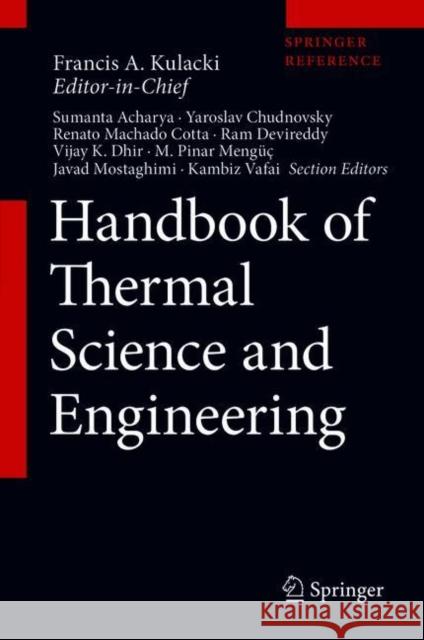Handbook of Thermal Science and Engineering » książka
topmenu
Handbook of Thermal Science and Engineering
ISBN-13: 9783319266947 / Angielski / Twarda / 2018 / 3043 str.
Kategorie:
Kategorie BISAC:
Wydawca:
Springer International Publishing AG
Język:
Angielski
ISBN-13:
9783319266947
Rok wydania:
2018
Wydanie:
2018
Ilość stron:
3043
Waga:
6.75 kg
Wymiary:
24.13 x 16.0 x 18.03
Oprawa:
Twarda
Wolumenów:
04











